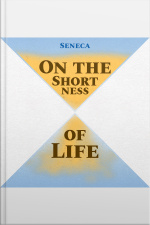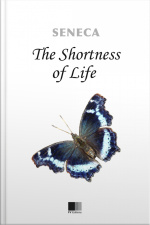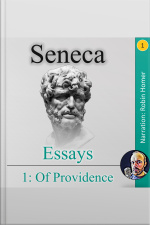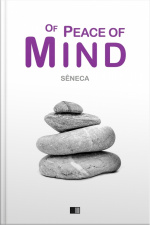In On the Firmness of the Wise Man Seneca argues that Stoicism is not as harsh as it first appears. Recalling the figure of Cato the Younger Seneca argues that Cato as a wise...
Lucius Annaeus Seneca, known as Seneca the Younger (c. 4 BC – AD 65), is the author of ‘On the Shortness of Life (c. 49 AD).’ In it, Seneca draws insight from different...
"It is not that we have a short space of time, but that we waste much of it. Life is long enough".
On Benefits (De Beneficiis) is a first-century work by Seneca the Younger. It forms part of a series of moral essays (or "Dialogues") composed by Seneca.On Benefits...
"On the Shortness of Life" is a moral essay written by Seneca the Younger, a Roman Stoic philosopher, to his friend Paulinus. The philosopher brings up many Stoic...
Of Leisure only survives in a fragmentary state. The work concerns the rational use of spare time, whereby one can still actively aid humankind by engaging in wider questions...
The first book in the essays of Seneca deals with good and evil. The dialogue is opened by Lucilius complaining with his friend Seneca that adversities and misfortunes can happen...
De Tranquillitate Animi is a philosophical treatise about the relation between happiness and peace of mind.
De Vita Beata (Of a Happy Life) is a wonderful philosophical treatise on the definition of Happiness.
"On the Happy Life" is a dialogue written by Seneca the Younger around the year 58 AD. It was intended for his older brother Gallio, to whom Seneca also dedicated...











